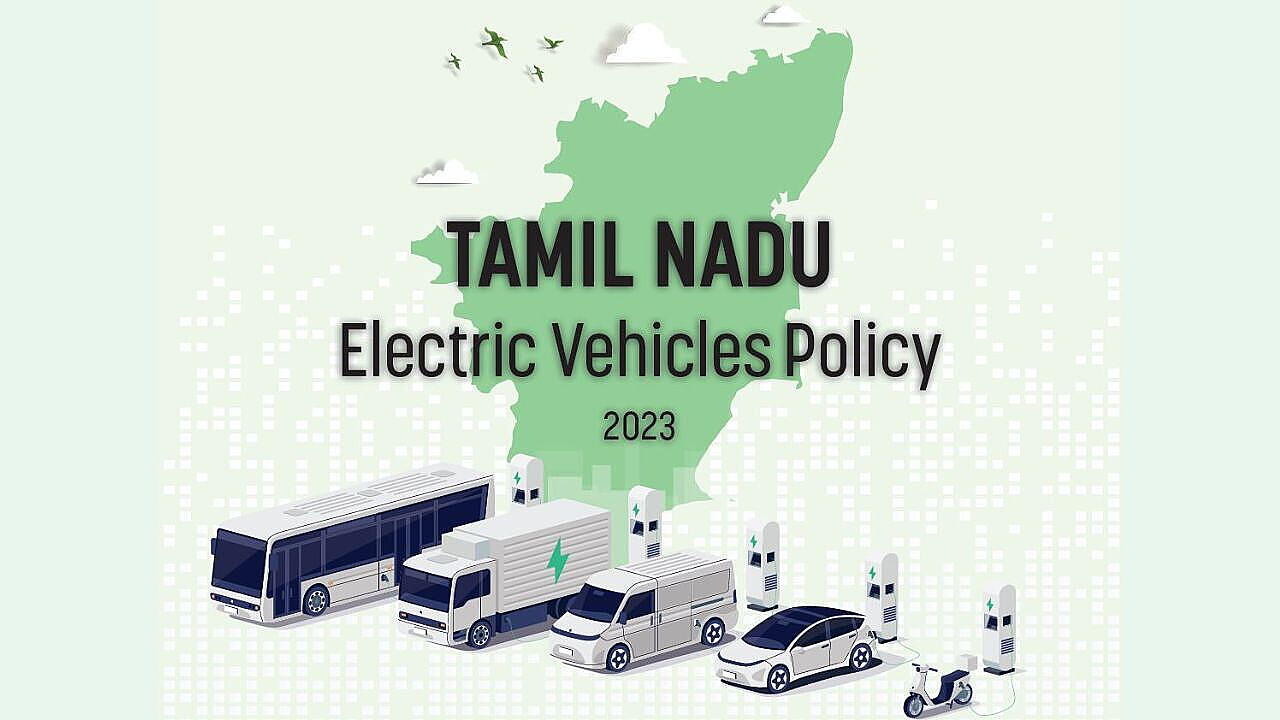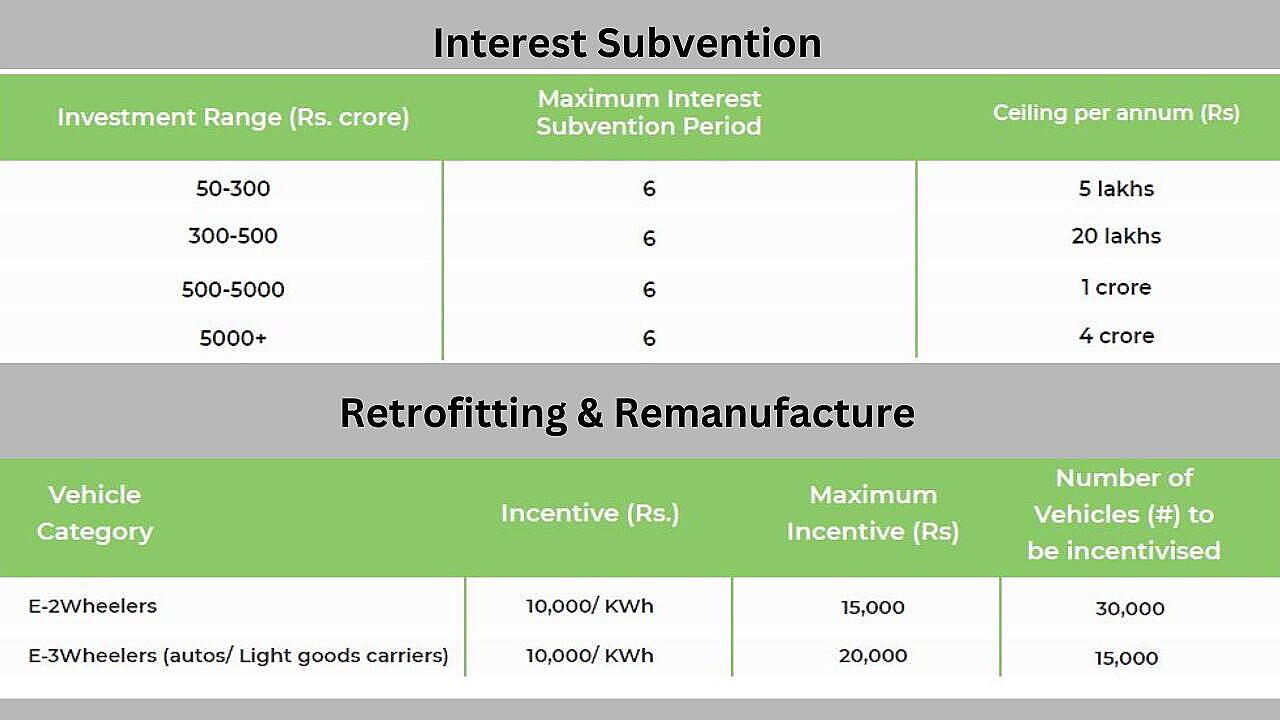
To keep pace with the rapidly changing dynamics of the EV sector that requires an agile policy approach and periodic revisions, the Tamil Nadu Government on Tuesday unveiled its electric vehicle (EV) policy 2023. Valid for five years, the new policy intends to garner investments up to INR 50,000 crore and generate 1.5 lakh jobs.
Chief Minister M K Stalin formally released the new policy, which covers manufacturing units engaged in the manufacturing of EVs, EV components, EV supply equipment and charging infrastructure, charging stations/charging point operators, and customers purchasing EVs in Tamil Nadu.
Policy Objectives
The policy objectives include transforming the State into the preferred destination for EV manufacturing in South-East Asia by developing a robust infrastructure & industrial ecosystem to attract manufacturing units by creating indigenous EV manufacturing value chains by appealing to EV OEM & component manufacturers to establish units in the State.
The policy will also accelerate the adoption of EVs in Tamil Nadu by providing the initial impetus for early adopters of EVs through special demand incentives and developing charging infrastructure with favourable power tariffs through public/ private measures.
In addition, it will enhance the development of the EV ecosystem in the State by developing industry-academia linkages to create a skilled workforce pool for EVs, promote R&D and innovations in automotive, shared mobility, and the recycling industry to develop a circular economy in the State.
Besides, the policy will focus on developing EV Cities in Tamil Nadu by promoting Chennai, Coimbatore, Tiruchirappalli, Madurai, Salem, and Tirunelveli as pilot cities for implementing e-mobility solutions. It will also promote the electrification of commercial and public transport fleets.
The policy also seeks to facilitate and support the manufacturing of EVs,
components, particularly EV cell technologies, batteries, EVSE, and charging infrastructure in the State with an 'EV Special Manufacturing Package.'
As part of the policy, the Government will provide an interest subvention (refer table below) of 5% as a rebate on the rate of interest, on actual term loans taken to finance the project, for six years, subject to the limits.

MSMEs
An additional capital subsidy of 20% will be offered over and above the eligibility limit for capital subsidy under the existing scheme to MSME units engaged in EV components or charging infrastructure. Further, for the manufacturing firms falling under the Medium Industries category that avail loans from Tamil Nadu Industrial Investment Corporation, 6% interest subvention will be provided against 3% under the existing
scheme. These incentives shall be provided as per the Tamil Nadu MSME Policy 2021.
Retrofitting & Remanufacture
One of the demands from the industry is also to consider conventional ICE vehicles retrofitted with electric powertrains. Several companies are involved in retrofitting vehicles, mainly in three-wheelers, followed by two-wheelers and light vehicles.
Speaking to Mobility Outlook recently, Prof Ashok Jhunjhunwala, Institute Professor, IIT Madras, India, President, IITM Research Park, IITM Incubation Cell & RTBI, said, “We believe India requires a large push in the area of retrofitment; unfortunately, FAME has not sufficiently looked at retrofitting. By retrofitting, in five years, we can convert the ICE autorickshaws to electric. We are looking at businesses that can bring in the old ICE autorickshaws and take them back as electric autorickshaws.”
He also said that retrofitment is possible for 2Ws, but the research centre’s focus right now is on 3Ws as they run for a longer time. However, it is also looking at options for retrofitting 2Ws that deliver goods.
Under the current policy, the Tamil Nadu Government is incentivising commercial vehicles, which shall retrofit their existing ICE vehicles and convert them into EVs. Retrofitted vehicles that comply with Automotive Research Association of India (ARAI) standards will be eligible for the incentives (refer to the table above) up to December 31, 2025.
Start-ups
To attract and nurture the growth of EV start-ups in the State, the Government aims to facilitate partnerships with industries through Tamil Nadu Start-up and Innovation Mission (TANSIM). Further, EV start-ups would be eligible to apply for benefits under the Tamil Nadu Start-up and Innovation Policy.
Also Read: